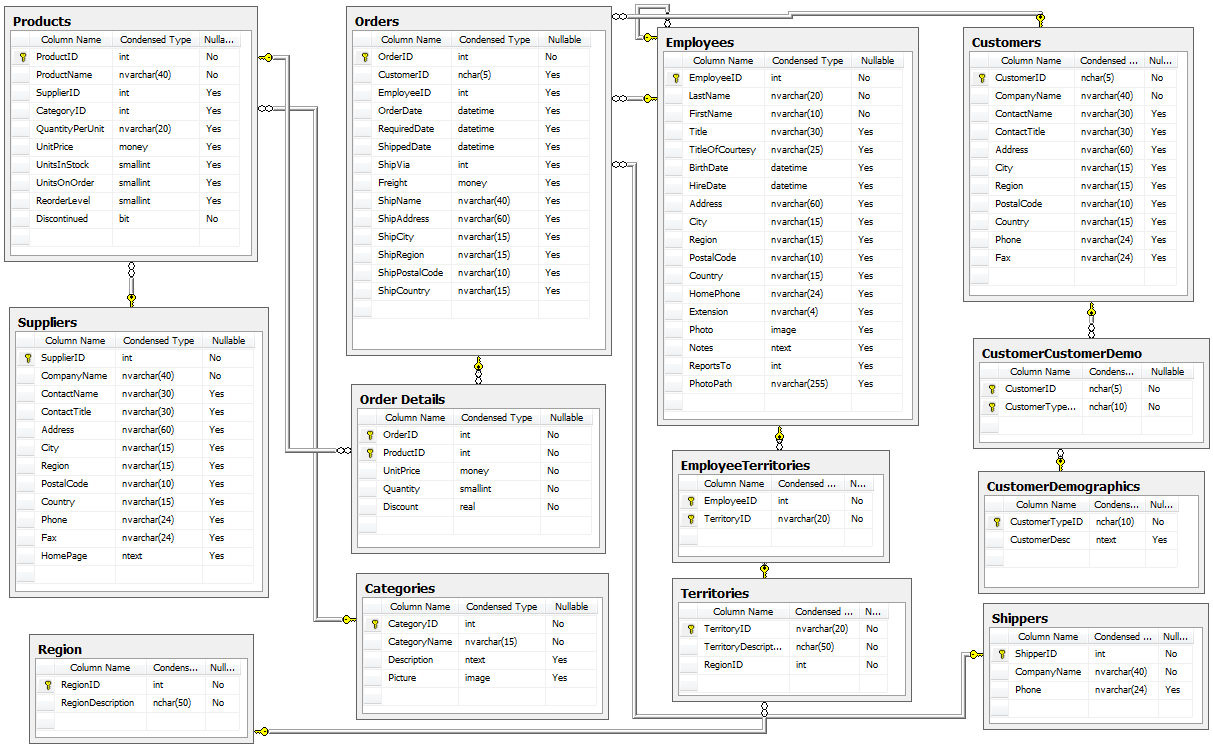I'm new to sql language and I'm learning about subqueries.. I have one question is there other way how to write that query?
SELECT Employees.FirstName,
Employees.LastName
FROM Employees
WHERE Employees.HireDate < (SELECT MIN(Employees.HireDate)
FROM Employees
WHERE Employees.City = 'London');
Thank you, I really appreaciate your answer

